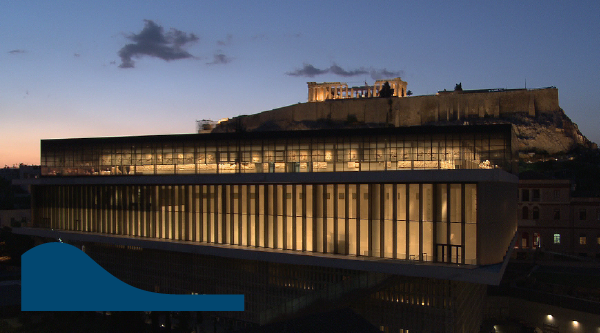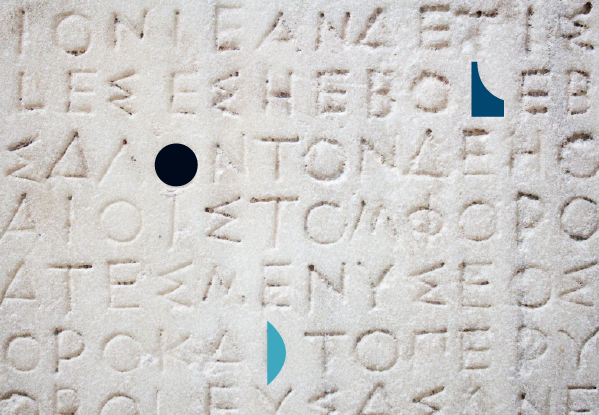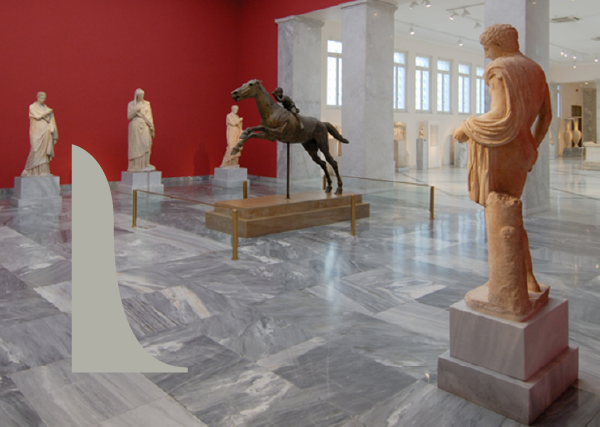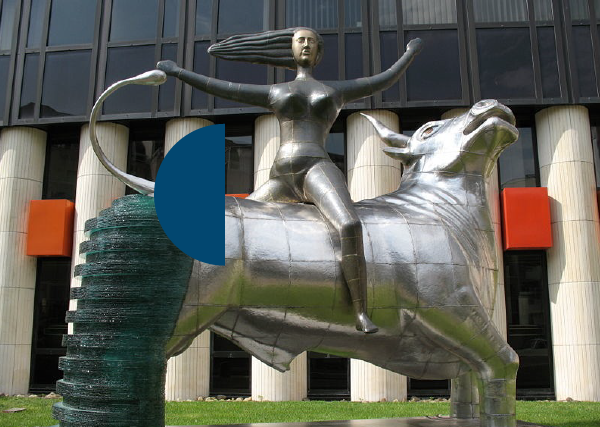
From prehistoric times to the establishment of the Modern Greek state, Greek history is a continuum of a unique civilization evolving over thousands of years, not only on Greek soil, but wherever the Greeks have lived and prospered.

Alphabet, democracy, philosophy, academy, theatre, physics, astronomy, athletics: Is it all Greek to you? Thousands of words used in European languages come from the Greek language; it is estimated that 12% of the English vocabulary is of Greek origin, while 25% is borrowed indirectly from Greek.

Greece has more archaeological museums than any other country in the world. The sheer number of museums and sites is testament to Greece’s immense cultural heritage, a cornerstone of European civilization. A large number of monuments from a variety of periods are designated UNESCO World Heritage sites.

Europe owes its name to a Greek myth, and its core values to classical Greece. The continent was named after the mythical Europa (Ευρώπη), who was abducted by Zeus and carried to Crete. The Enlightenment, the essence of modern European civilization, is also the core of Greek classical heritage: Reason, Humanism, Democracy, Liberty.

Since 1985, three Greek cities, Athens (1985), Thessaloniki (1997) and Patras (2006) have been selected European Cultural Cities, a choice that reflects their significance for Europe’s cultural identity, but also Greece’s vibrant contemporary arts scene, with avant-garde theatre and cinema, a lively music scene, frontline visual arts, and some of the world’s most pioneering museums.





